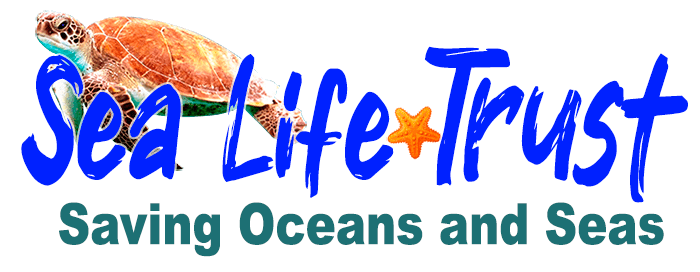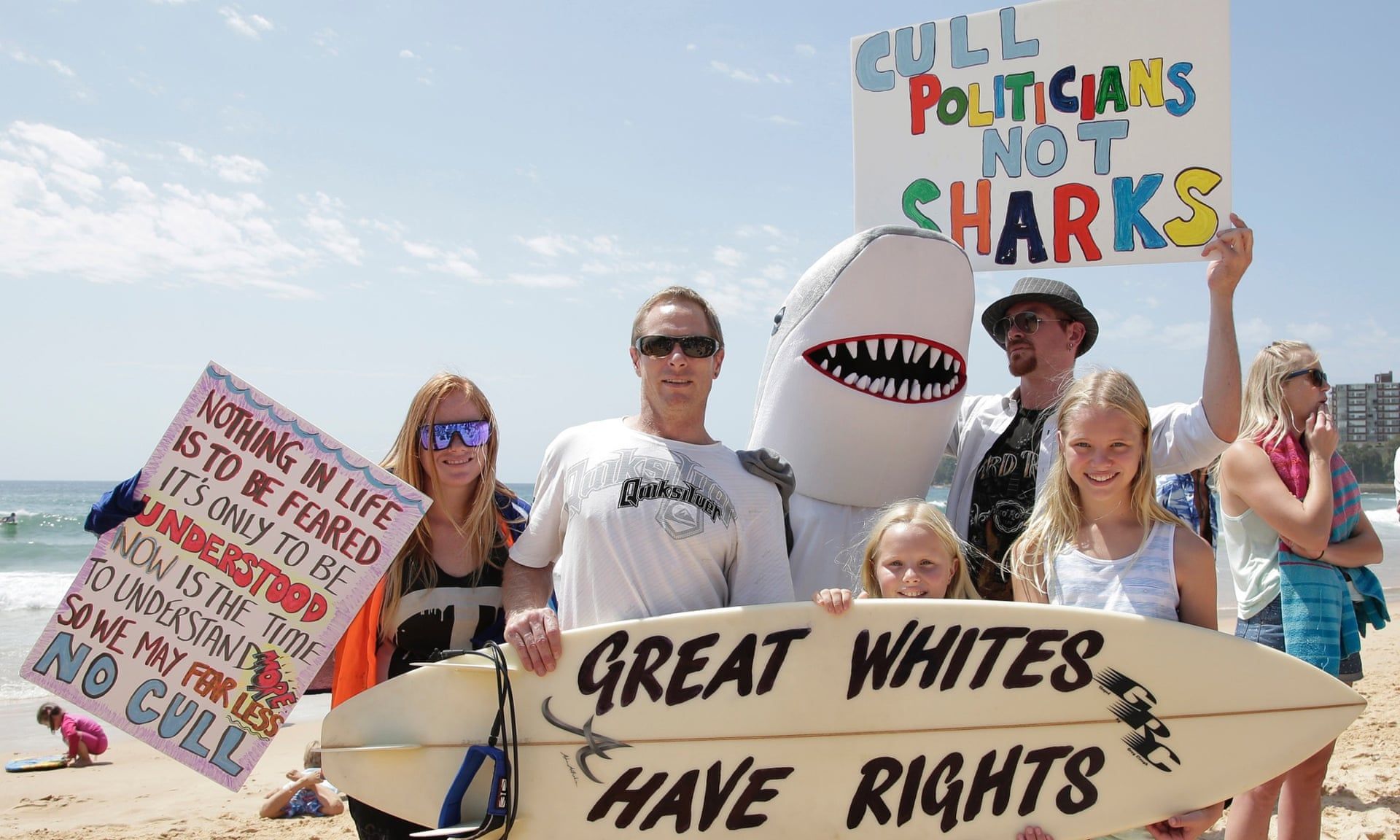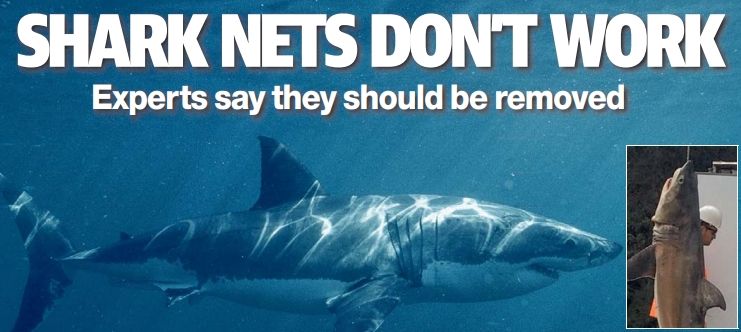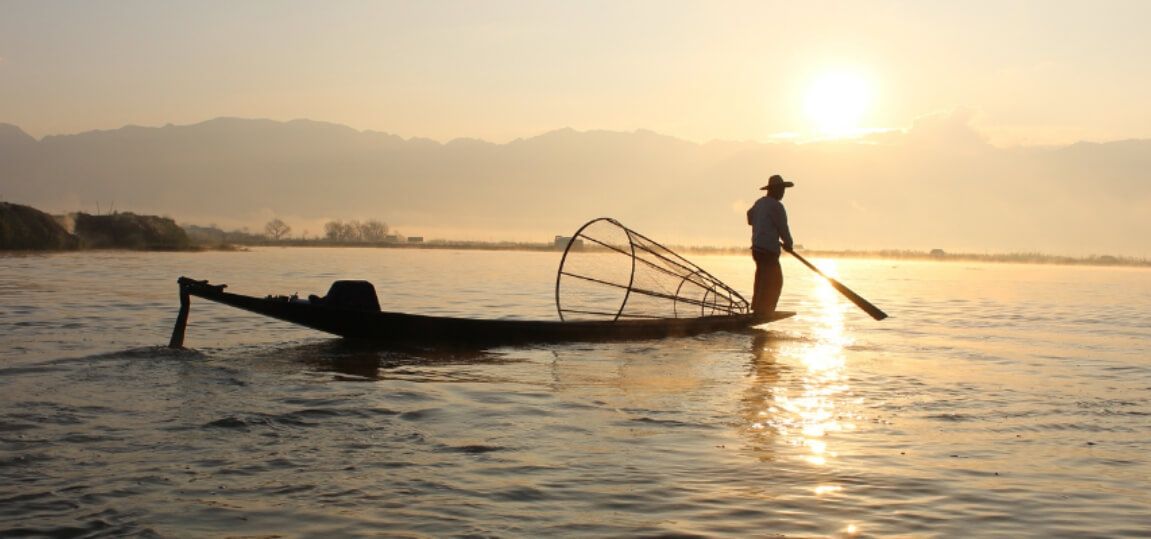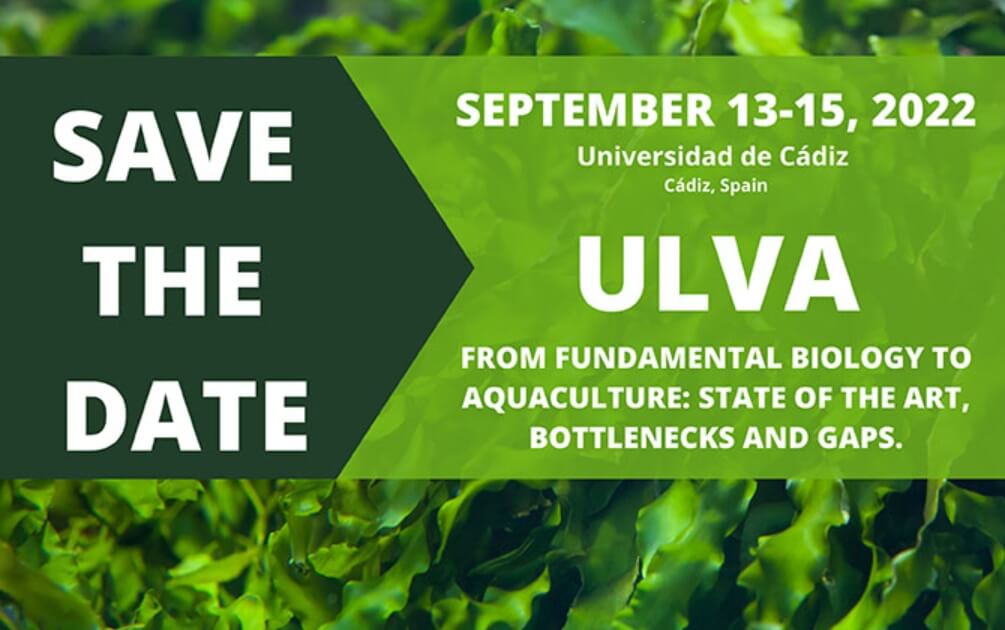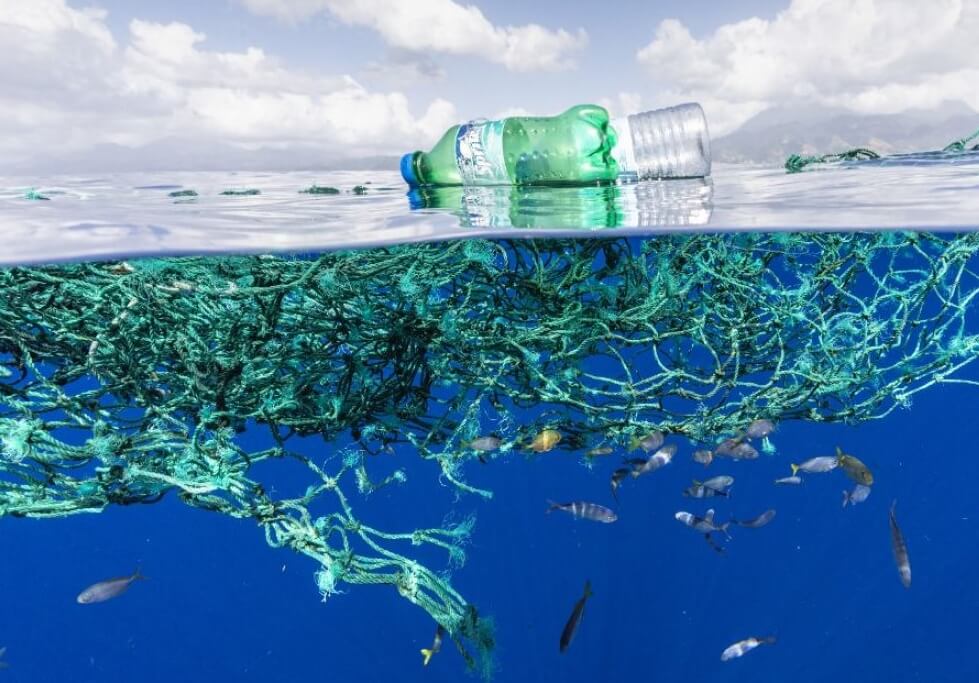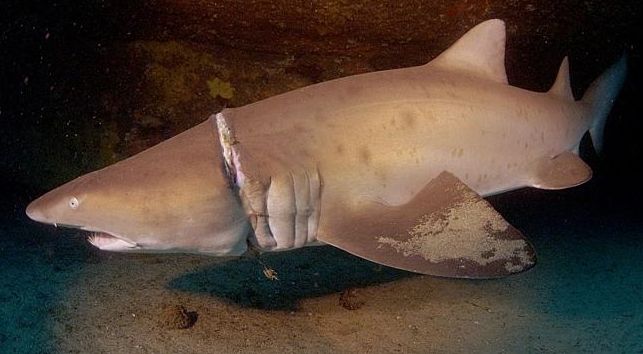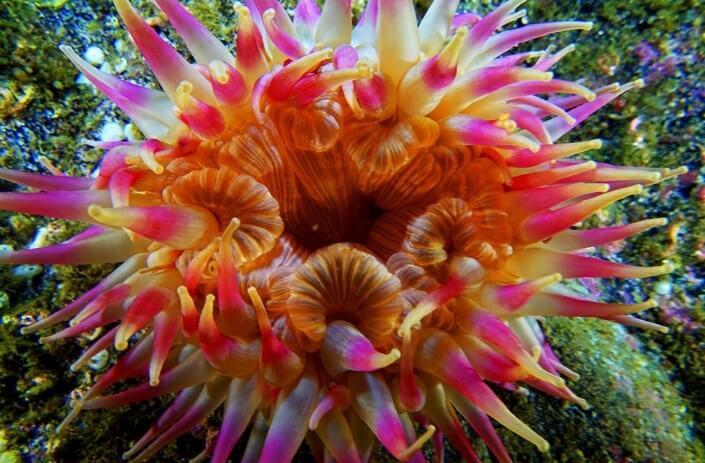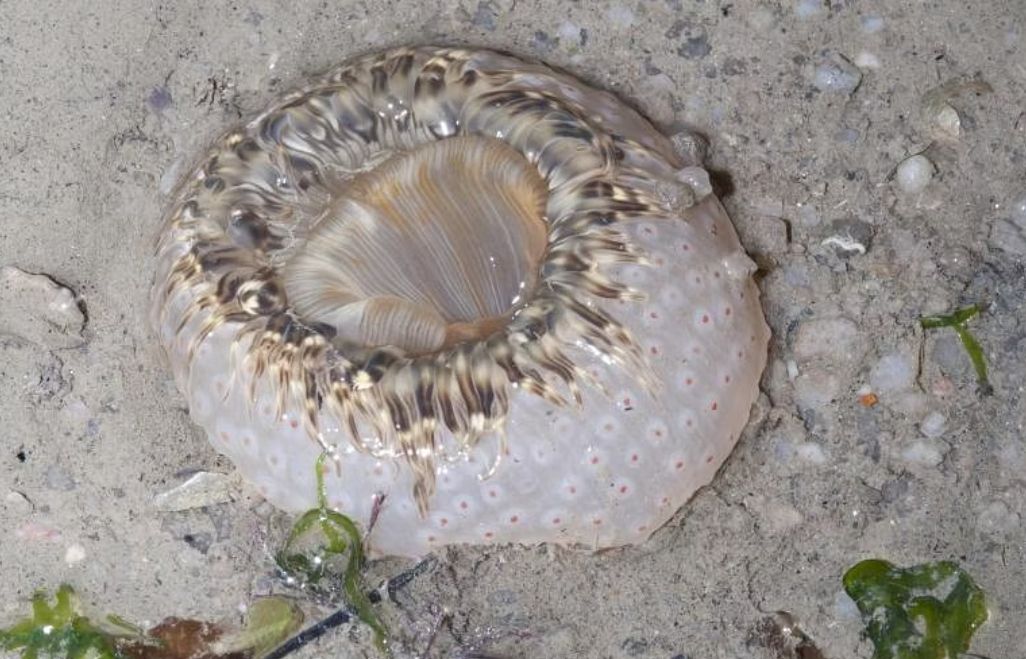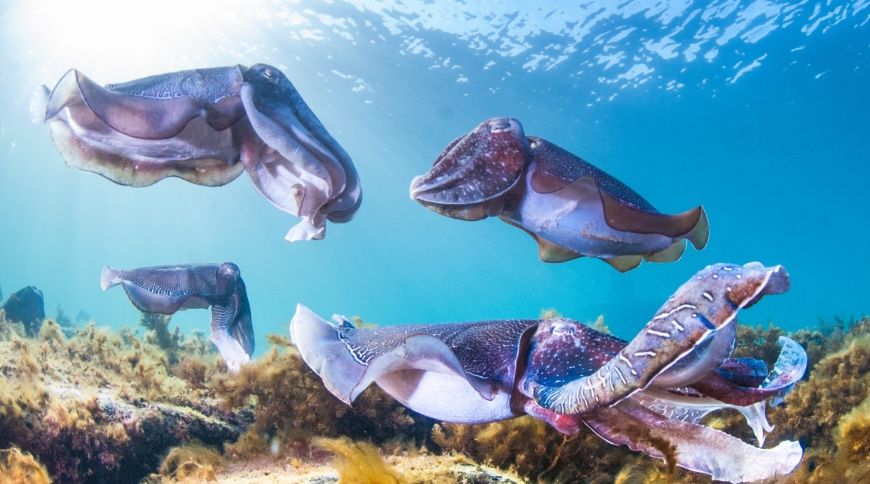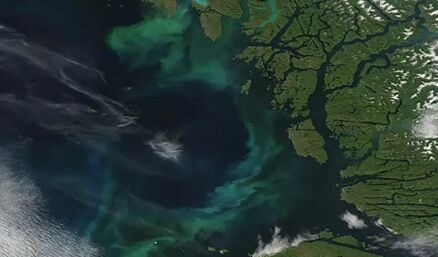There is no good or easy way to begin a discussion about responses to shark bites so soon after a tragic loss of life. The fatal shark bite incident that took Christine Armstrong’s life in Tathra is heartbreaking. The stories from Western Australia give us all pause. A debate continues in Australia, however, that is the most vocal national conversation about responding to shark bites in the nation’s history.
In three states, shark culling has now been implemented, with WA’s drum lines joining shark nets in New South Wales and both drum lines and shark nets in Queensland. Today, the question of how do we move ahead with shark bite prevention in Australia is the same, but the myths that politicians rely on may be weakening.
To start with, there’s the line we all know: “there has been no fatal shark attack on a meshed ocean beach in Sydney since 1937.” This is completely true. But I have a different question: since 1937, have there been any shark bites at NSW netted beaches? The answer: yes. How many? Fourteen. So the real line should read that shark nets are effective at shark bite prevention, except for the 14 times there have been shark bite incidents. No fatalities, yes, and gratefully so. But the legend of shark nets’ success is more complicated than what the standard line suggests.
Then, there are two arguments that dominate the political debate. Elected leaders say they cannot take out shark nets or drum lines because they do not want to be blamed for a future shark bite. It is argued that the protesters are nothing more than a vocal minority. As a result, it’s business as usual in 2014. However, both arguments deserve some scrutiny.
In late 2013, I conducted a survey at SEA LIFE Sydney Aquarium in the “shark valley” tunnel with 583 visitors filling out iPad surveys. I asked them who is to blame when sharks bite people; the government, the shark, no one, or the swimmer? The group that received the least blame was “the government” at 2-4%. The second-lowest amount of blame was given to “the shark” at 6-8%. The most acknowledged was “no one” and “the swimmer.” So with 96-98% of those surveyed not blaming the government, this myth does not appear to stand up.
And how isolated are the protesters from others? Not that far. In the survey, I asked, “what do you think the government should do following a shark bite; hunt the shark, put in more shark nets, leave the shark alone, educate the public?” The answers and percentages were: shark hunts (4%), put in more shark nets (9%), leave the shark alone (18%), educate the public (69%). This data suggests that there may be a “silent majority” that should be incorporated into political analysis of responses to shark bites. In fact, 87% of those surveyed prefer government responses that do not kill sharks.
To be clear, no survey is perfect and numbers can work in both directions, but this survey matches a survey I also did in Cape Town in 2011. In addition, the 13% percent in favour of methods that kill sharks suggests that the sample of visitors was not simply made up of “shark-huggers”, and that the overall implications of the sample should be considered.
I believe the overall take-away here is of a sophisticated public that understands these situations clearly and is providing a way forward. We are seeing a shift from myth to reality, where shark bites are not governable or blamable events. This can and should provide a pivot point for the national discourse among the three state governments with shark culling programs.
There is an opportunity today to provide more education to beach-goers and consider new options. The question that remains is whether politicians will swap easy myths for the hard truth.
